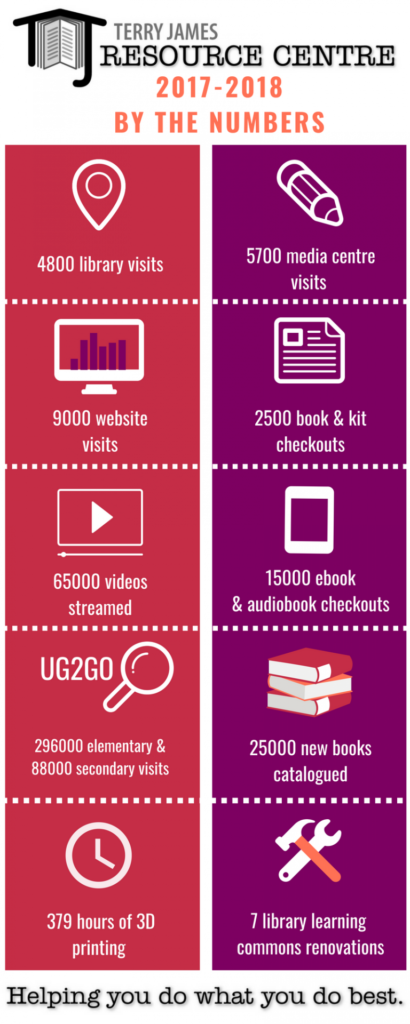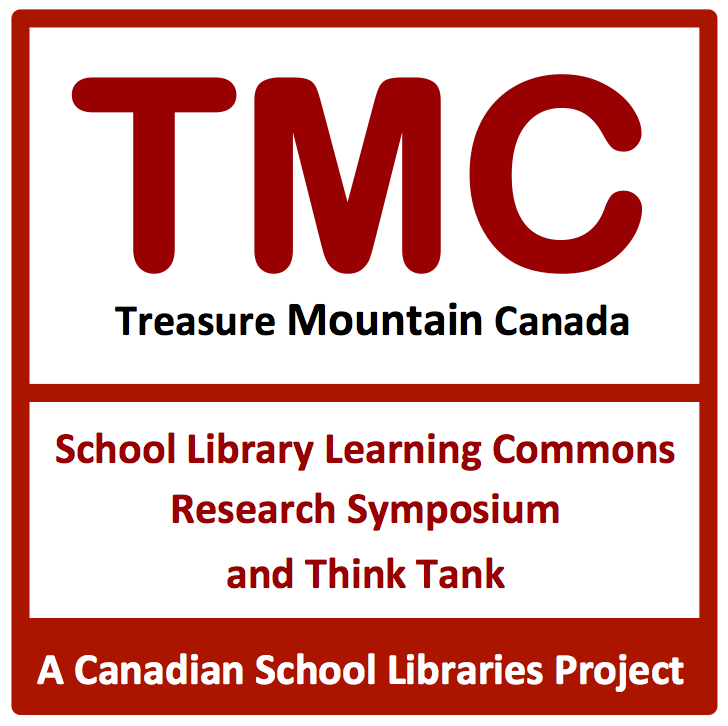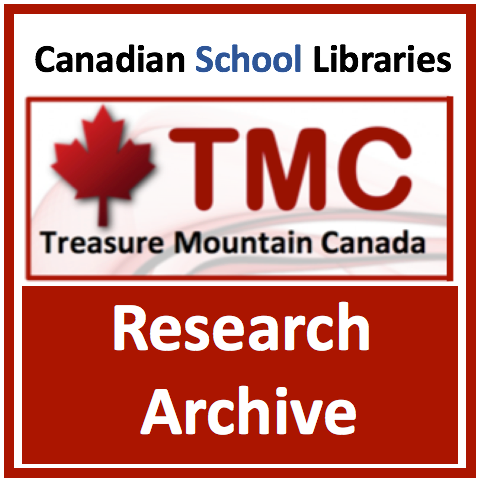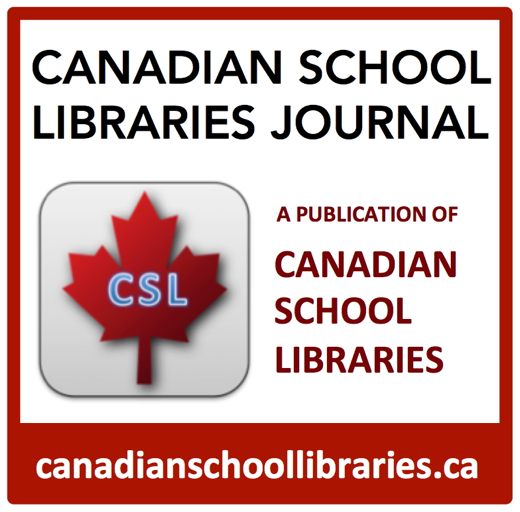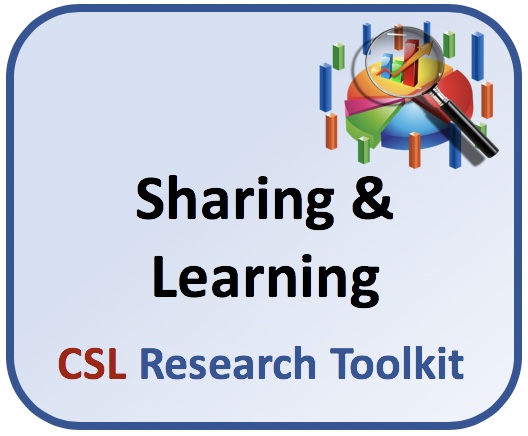
Action research informs your own future practice. Sharing what you have learned amplifies its impact.
Organizing and Understanding
The written report is the standard way of organizing and presenting the findings of your research. Components of the report relate to each stage of the research process, and include other components to provide clarity, like the executive summary and suggestion for further study. The report includes a discussion of the findings and their implications.
Visual Impact
Technology offers many opportunities to transform a written report into an attractive and powerful representation of your research findings. Features such as hyperlinking may enhance the user experience and make your research more accessible. Another consideration is the use of data visualization techniques. Moving beyond traditional bar and line graphs into new visualization techniques provide you, the researcher and your audience ways to drill down more deeply into the data for greater insight.
The central Terry James Resource Centre from the Upper Grand DSB in Ontario used the visual tool Canva to create the simple but powerful data visualization pictured to the right of this page.
A data visualization is not necessarily a story, but it can be one. As with a story, it should have a clear beginning, middle, and end. It should be tied together thematically and they should have an overarching point or meaning. Data visualizations should enlighten as well as entertain. The real benefit of a visualization is that it provides a lot of data in a condensed form. Even one simple graph can tell a story. The question you should ask yourself with any chart or graph is: “What am I trying to say?” In other words, “What is my story?”
Photographs and other visual elements can be very illustrative, and connect readers to the story behind the research.
Presenting and Publishing
While the written report remains the most common and perhaps the most thorough way of sharing research findings, it is not necessarily the most appropriate way to share with an audience. Presenting your information in alternate formats may be appropriate for different audiences and purposes. Even when you have prepared a written report, sharing the key ideas in alternate formats may be appropriate to connect with specific audiences in specific situations. Some formats might include:
- An article, written in less formal language for publication in a magazine, newsletter, an online journal or blog.
- A visual presentation summarizing key ideas, using slides that can be easily shared.
- An infographic, representing the data and the research journey.
- As a website or part of a website, integrated into your school’s virtual library learning commons.
- A video shared online, and embedded into your school’s virtual library learning commons.
Who Is the Audience?
The School Community: Strategic Planning and Reporting
One of the most important reasons to integrate research into practice is for ongoing program planning and assessment. Do you have a plan? How are you going to assess its success? Who needs to know about your plan and how things went? Assessment is part of strategic planning, and budget is the practical expression of a strategic plan. Making a strong strategic plan may have more impact on a decision-maker than a simple budget request. Sharing program assessment – the outcomes and impacts that you discovered through research – informs further strategic planning, and may even make subsequent budget requests more compelling!
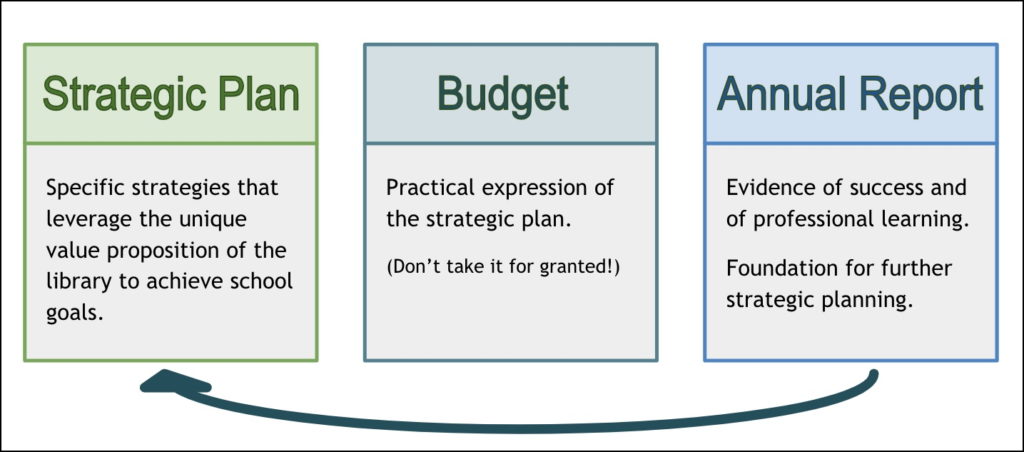
Don’t keep the news to yourself! Being transparent about planning and sharing the results to the school community and beyond increases program transparency and understanding of the role of the library program. This web-based annual report from Riverdale Collegiate Library Learning Commons in Toronto dedicates a page to quantitative data, and visually summarizes all aspects of the program. The work of the library is visible to the wider education community, which may serve to promote deeper understanding of the program’s potential.
Educators and Librarians
Education and School Library Publications: Many local and provincial school library associations publish print and/or online journals. Consider submitting your research story for publication by your provincial association. General education magazines and journals extend the audience even further.
Academic Journals: More detailed and extensive research may be suitable for publication in peer-reviewed academic journals.
Conferences: Presenting your research at a conference is a wonderful way to share with a network of your peers, draw attention to your work, and inspire others to follow your example.
Across Professional Learning Networks: Making connections through online professional learning communities extends your reach, getting news of your research to those who can’t attend conferences, and stimulates conversation.
Canadian School Libraries: Fostering Research
Treasure Mountain Canada (TMC)
Treasure Mountain Canada (TMC) is a research symposium and think tank held every other year in locations across Canada, in partnership with provincial school library associations or school districts. The goal of TMC is to collaboratively explore ideas to build collective knowledge about the school library learning commons approach as part of sustainable school improvement.
TMC’s objectives are to:
- Address learning for the future.
- Support the reinvention of school libraries to address the evolving information and technology needs of learning for the future.
- Invite researchers, school library practitioners, educational leaders and policy-makers to collaborate and move forward together.
- Collaboratively explore ideas, inspire each other and build collective knowledge of the learning commons approach as sustainable school improvement.
- Analyze the Canadian research available and encourage further academic and site based research.
- Alert the school community and the education community of the urgent need to refocus learning for the future and ignite the potential of school library learning commons.
Each TMC symposium focuses on a particular theme, and TMC invites researchers and practitioners to submit research relevant to that theme to be shared and discussed at each symposium. Consider submitting the results of your research to TMC.
CSL Research Archive
The Canadian School Libraries Research Archive makes scholarly and practitioner research from all Treasure Mountain Canada research symposiums accessible and searchable. The More Research page provides a comprehensive access point for other research, Canadian and international. The research archive provides an excellent starting point for your research journey, connecting you to what is already known about your area of research, and helping you to discover new ideas.
CSL Journal
The Canadian School Libraries Journal is the only national publication dedicated to school library learning commons practice, with three online editions per year. The online format of the journal accommodates a range of article styles and lengths. It is also a model of open access to professional knowledge. Consider submitting an article about your research.
Why Is Sharing So Important?
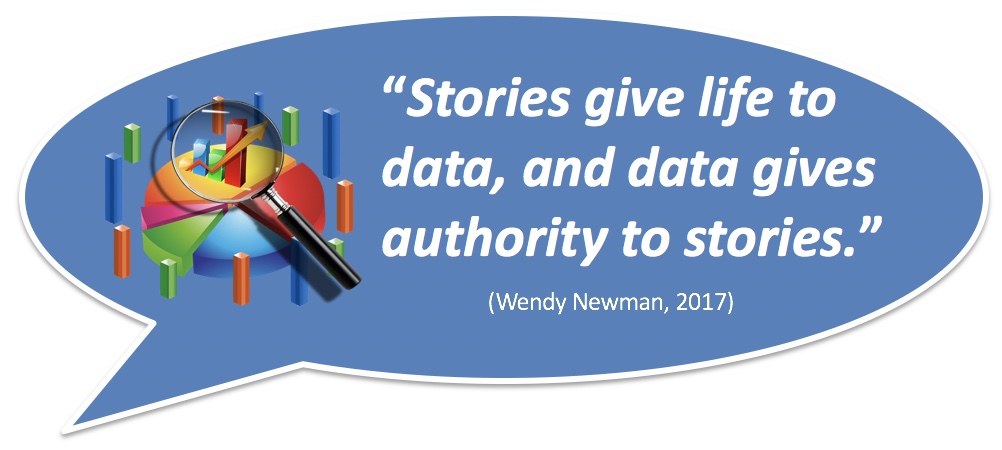
Part of the reason for the creation of this toolkit is the perception of lack of research into school library practice in Canada. It is possible, however, that more research exists but that it has not been shared. A school or school district may have conducted research and used their findings to inform their own practice, but they may not have shared it with the wider education community. We have lost that learning opportunity. Academic research may have been done and the results published in an academic journal, but without access to subscription research databases, many practitioners may not benefit from the findings of that research.
Canadian School Libraries is dedicated to fostering and openly sharing research into school library practice through the Treasure Mountain Canada Research Symposium and Think Tank initiative, the CSL Journal and the CSL Research Archive. We are also dedicated to empowering practitioners with this toolkit. We need to know what you have learned to inspire other educators and to deepen understanding of the role of the school library learning commons in student growth and in achieving educational goals.
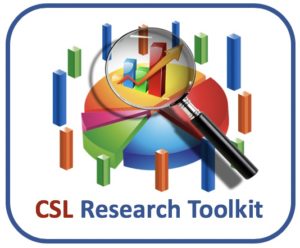 | 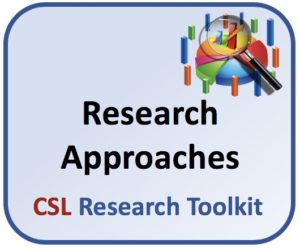 | 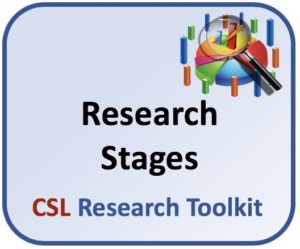 | 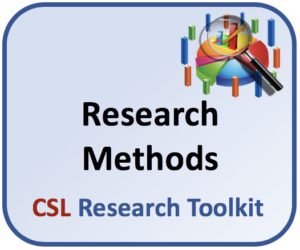 | 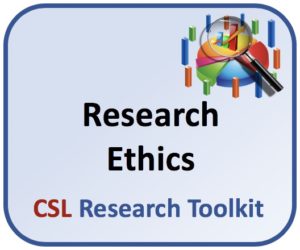 |
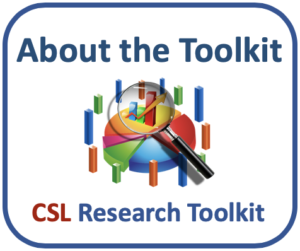 | 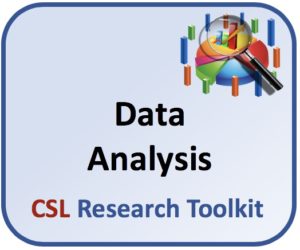 | 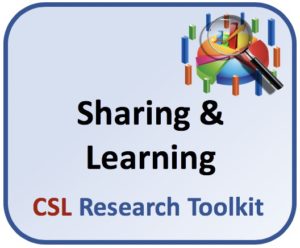 | 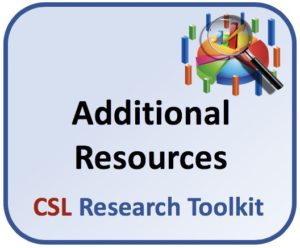 | 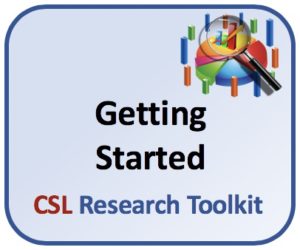 |

